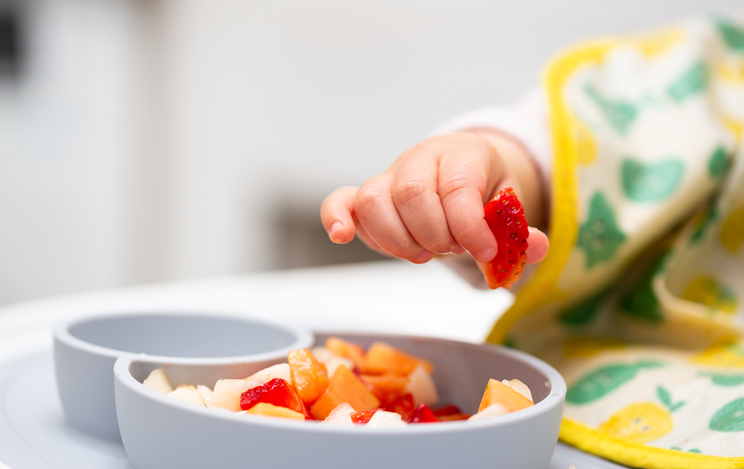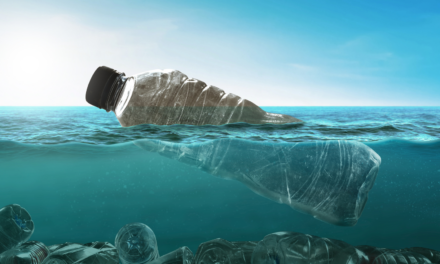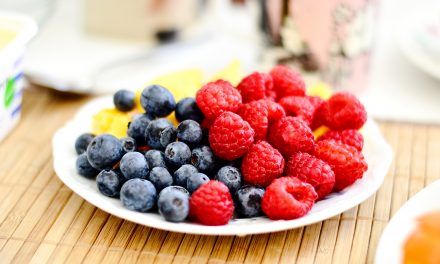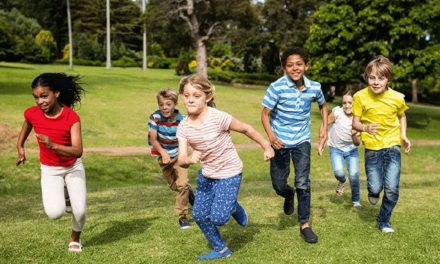This week (Monday 7th to Sunday 13th June) is Child Safety Week – an annual education campaign run by the Child Accident Prevention Trust. The theme of this year’s campaign is ‘Share because you care’, highlighting how sharing knowledge can really help to save lives.
Childhood unintentional injuries (or accidents) are a leading cause of death, serious injury and acquired disability for children in the UK . Sadly in East Sussex, the rate of hospital admissions due to unintentional injuries in children under 14 is significantly higher than the national average, with Hastings and Rother having some of the highest admission rates in the South East.
We can often think of ‘accidents’ as events that are unintended, or things that just happen and therefore there is nothing we can do about them. However the reality is that accidents are predictable events and are frequently preventable! They are predictable because we know who is most likely to have an accident, and why, where and when accidents are most likely to happen.
Through their work, CAPT highlight the main accident risks for children and provide safety tips and advice on how to help prevent them from happening. As part of Child Safety Week, there is a wealth of downloadable resources for families such as a Parents’ Pack, bite-sized Factsheets and Road Safety Hub.
As we weather (finally) starts to warm up, why not check out CAPT’s guide to summer safety:
Open windows
- With the warmer weather it is tempting to throw all the windows open. If you have young children, make sure furniture isn’t placed nearby as this could help them climb up to reach windows. Fit window catches, locks or restrictors to help prevent falls
Gardens and gardening equipment
- If you have a garden, remember that babies and toddlers can drown in as little as 2 inches of water. Children should ALWAYS be supervised in the garden if you have a pond or have the paddling pool out. Always empty a paddling pool when play time is over
- It’s important to remember that garden tools and equipment can be dangerous if young children get their hands on them. Keep tools securely locked away in a shed and never leave electrical equipment unsupervised or plugged in when not in use. Keep chemicals such as weed killer out of reach of young children, and keep them in their original containers – never be tempted to transfer them to jars or bottles.
BBQ
- A barbecue can stay hot enough to cause a serious contact burn for a long time after they’ve been used (and the barbecue chef has long abandoned it to relax!).
- All barbecues produce carbon monoxide which is fine outdoors, but is deadly poisonous in an enclosed space. Never take a lit or smouldering one inside a house, tent, caravan, or boat.
Trampolines
- Trampolines are a great way for children to get fit but the biggest risk of injury is having two people with very different weights bouncing together – Let children take it in turns and avoid adults and children jumping together
- Use a safety net or cage so children can’t be thrown onto the ground
At the beach
- Teach children to swim between the two-coloured red and yellow flags – these mark the areas patrolled by lifeguards
- Inflatables can be swept out to sea when the wind is blowing – keep children off inflatables when the orange windsock is flying and always keep an eye on them.
- Drowning is the third highest cause of accidental death in children in the UK. Don’t assume that because a child can swim they will be safe. Children should be supervised in the water at all times
In the car
- Make sure your car seat is the right one for your child’s height and weight and for your car – not all seats fit all cars. Visit childcarseats.org.uk for advice on child seat safety and remember it is the law for children to have the correct child car seat until they’re 12 years old or 135cm tall (whichever comes first)
- Electric windows, choking and fire hazards in cars have all proved fatal for small children – they should never be left alone in a car, even with the engine turned off.
Cleaning products
- As we prepare our house for welcoming family and friends, cleaning products are a huge help for us, but can be harmful for small children.
- What’s lurking under your sink or next to your toilet? Move cleaning products to a high up or lockable cupboard and put them out of reach again after use.
- Don’t rely on safety caps – they slow children down but they’re not childproof
- Look out for products with a bittering agent like Bitrex when you’re shopping – it tastes so bitter that children spit it out instead of swallowing it – helping to keep them safe.
- Don’t pour cleaning products into other bottles like drinks bottles. Children can get confused
Teach children what to do if they see a fire
- To tell someone straight away – a grown-up if possible
- Don’t try to put the fire out yourself
- Get outside as quickly as possible. Don’t try to hide from the fire
- Never go back inside for anything
Choking
- Babies and young children are still learning to chew, swallow and breathe in the right order. There’s no sound to warn you. But there are simple ways to stop it happening.
- Don’t prop a baby’s bottle up to feed them
- Cut round food like grapes, tomatoes and big blueberries in half lengthways or quarters, not just across
- Cut hard food like carrots, apples, sausages and cheese into thin strips, and chop nuts up small
- Avoid popcorn, marshmallows and hard round sweets like mini eggs or boiled sweets
- Put small parts from older children’s toys out of reach
- Watch the Chokeables film for first aid advice here
For more information and advice on keeping your kids safe visit the CAPT website. Or why not ‘like’ the CAPT Facebook page and share their new safety information and animations with your friends and family?




